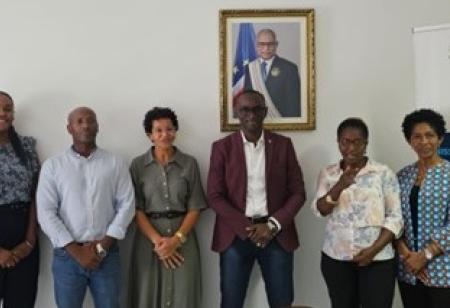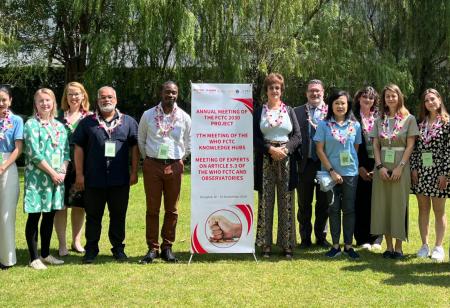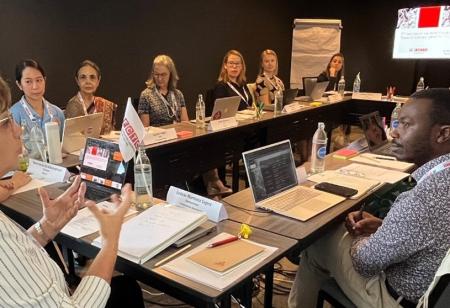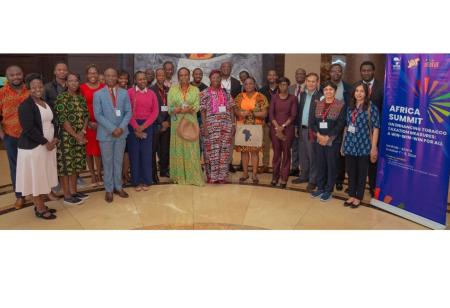

On 9 and 10 December 2024, Mxolisi Zondi and Vanessa Darsamo met officials from various government departments in Cabo Verde for a two-day meeting on tobacco and alcohol taxation. This mission follows a mission in February 2020, where the REEP team developed a Tobacco Excise Tax Simulation Model for Cabo Verde, and strongly encouraged the government to substantially increase the excise tax on cigarettes.
Since 2020, the government of Cabo Verde has greatly increased the excise tax on cigarettes. In fact, the excise tax in Cabo Verde is currently three times higher than the minimum excise tax that is prescribed by the 2017 Tax Directive of the Economic Community of West African States, a group of 15 West African countries which includes Cabo Verde. As a result of the excise tax increases over the past five years, Cabo Verde was able to reduce cigarette consumption substantially and increase government revenue.
The government of Cabo Verde wants to increase the excise tax on cigarettes and alcohol further, and implement a tax on sugar-sweetened beverages. The main aim of the mission was to collect data for simulation models for cigarettes and alcohol, and to discuss the results of the simulation models with relevant government officials. The simulation models were shared with the Cabo Verde team on 19 December 2024.
The REEP team met with officials from the Ministry of Health, the Ministry of Finance, the Customs Unit, and the Commission on the Coordination of Alcohol and other Drugs.
REEP used the opportunity to congratulate Cabo Verde on implementing a sugar-sweetened beverage tax, which takes effect in 2025.





